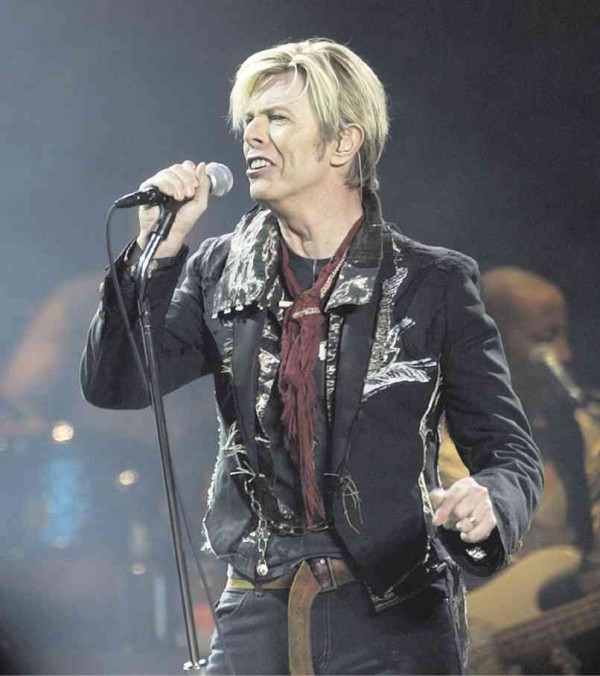DON’T BE put off by “big terms” like “credit default swap,” “synthetic CDOs” and “collateralized debt obligation” in “The Big Short.”
They may be crucial to fully comprehend Adam McKay’s fictionalized account of the true-to-life collapse of the credit and housing bubble in 2007, but he and his star-studded cast led by Ryan Gosling, Christian Bale, Steve Carell and Brad Pitt cleverly find a way to make the complicated jargon “relatable” to viewers!
It doesn’t hurt that cameos from the stellar likes of Selena Gomez, Margot Robbie and celebrated chef Anthony Bourdain are utilized from time to time to demystify and “simplify” highfalutin terms from the world of banking and finance. Fortunately, McKay’s ingenious storytelling device pays off—big time.
As early as 2005, Asperger’s syndrome-stricken hedge fund manager Michael Burry (Bale) realized the instability of the US housing market, perpetuated further by poor loans and dishonest banking practices.
With “seasoned” financial experts refusing to acknowledge the validity of his “informed” prediction, Burry created a financial-swap agreement (with bankers who believed that the market was stable and secure) that allowed him to bet against the housing market—and he eventually earned a hefty 489 percent profit!
Burry wasn’t the only one who saw the economic meltdown coming: His actions set off a series of events that bond salesman Jared Vennett (Gosling) and outspoken hedge fund manager Mark Baum (Carell) got wind of.
Young investors
When young investors, Charlie Geller (John Magaro) and Jamie Shipley (Finn Wittrock), discovered Burry’s paper trail, they quickly enlisted the help of retired banker Ben Rickert (Pitt) to secure similar deals with clueless bank managers in Vegas.
Soon thereafter, Rickert made them realize that what they were bound to make a lot of profit from would result in massive bankruptcy—and broken lives!
The spot-on portrayals of Bale, Carell, Pitt and Gosling complement one another in an urgently paced thriller that cogently strings its intersecting stories together.
McKay’s film lurches between cautionary drama and subtle farce as it plays out its affection-hooking morality tale devoid of a proselytizing tone and tedious clichés.
It’s interesting to see how the film’s dramatis personae retreated to their private lives after the collapse—but, the lessons and hard warnings they dispense shouldn’t be left unheeded by the leaders to whom we entrust the future of our loved ones.
Baum refused to say “I told you so” to the world that chose to look the other way. But, he continues to encourage those who are willing to listen—to always see the bigger picture, so that when they gamble with their families’ future, they won’t find themselves getting the short end of the stick!
